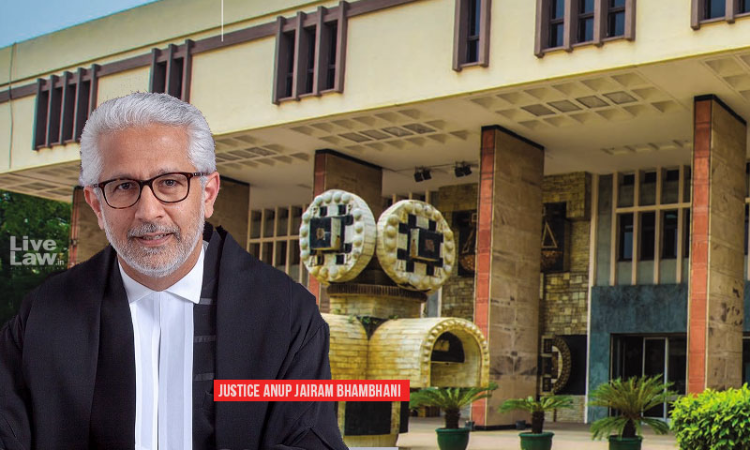'Administrative Mechanism For Resolution Of Disputes' Is Not A Substitute For Arbitration: Delhi High Court
Parina Katyal
26 Oct 2022 10:53 AM IST

Next Story
26 Oct 2022 10:53 AM IST
The Delhi High Court has ruled that the Administrative Mechanism for Resolution of Disputes (AMRD) is not a substitute for arbitration in cases where there is an arbitration agreement between the parties. The Single Bench of Justice Anup Jairam Bhambhani observed that the party invoking the arbitration clause fell within the scope and ambit of the AMRD, under the Office Memorandum...
